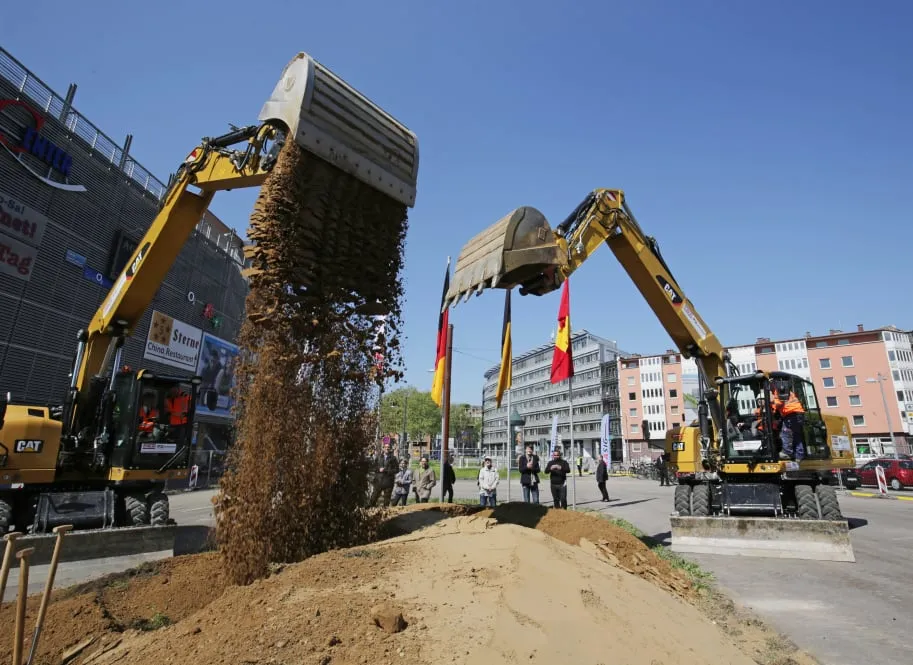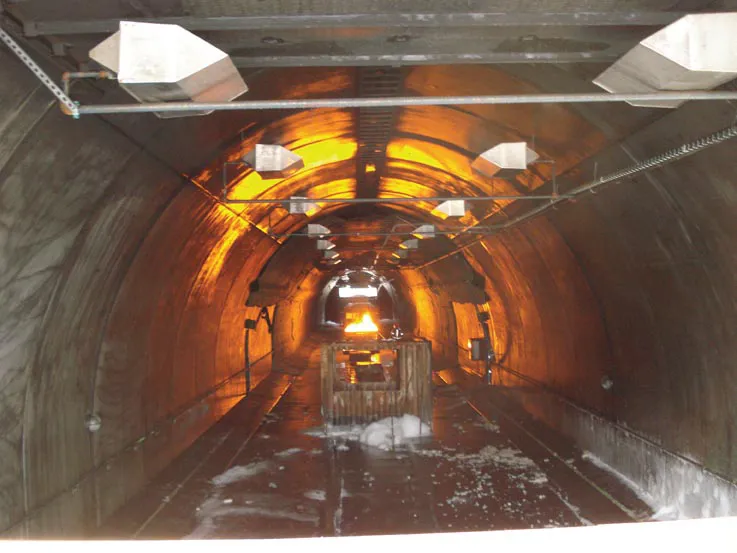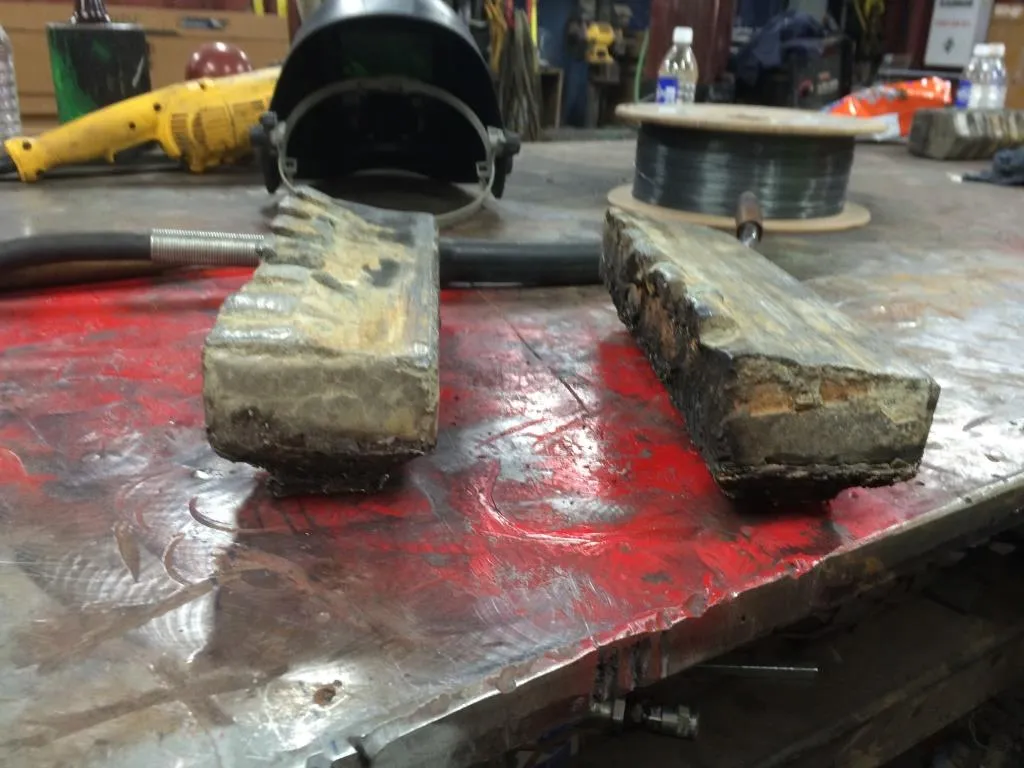Construction officially started on a two-lane 1.6km road tunnel in the centre of the German city of Karlsruhe. In December, the Stuttgart-based civil engineering subsidiary Ed Züblin announced that it is leading a consortium with Schleith to build the Kriegsstraße car tunnel in the German city of Karlsruhe. Ed Zublin is now a wholly owned subsidiary of the Austria-based contractor Strabag. The tunnel in Kriegsstraße is the second part of the Kombilösung public transport infrastructure project to reduce the
April 28, 2017
Read time: 2 mins

Construction officially started on a two-lane 1.6km road tunnel in the centre of the German city of Karlsruhe.
In December, the Stuttgart-based civil engineering subsidiary Ed Züblin announced that it is leading a consortium with Schleith to build the Kriegsstraße car tunnel in the German city of Karlsruhe. Ed Zublin is now a wholly owned subsidiary of the Austria-based contractor945 Strabag.
The tunnel in Kriegsstraße is the second part of the Kombilösung public transport infrastructure project to reduce the volume of traffic in central Karlsruhe in favour of more rail public transportation, according to the company.
Completion is scheduled for mid-2021.
Instead of using the tunnel-driving method, the road tunnel will be built via cut-and-cover in a rectangular reinforced concrete frame, according to the Züblin-led consortium. A concrete trench up to 9m deep will be covered with a lid upon which the tram tracks are to be laid. The street will be for trams, pedestrians and cyclists only.
Local media report that the federal and Baden-Württemberg governments are contributing to the estimated cost of €230·2m.
The works can be subdivided into nine construction fields that will be cut, concreted and covered from the top. The adjacent buildings and the high groundwater level make the process of waterproofing and retaining the excavation pit “a formidable challenge”, according to the company.
Tracklaying on the surface is due to begin at the end of 2019. Tunnel fit-out would commence a year later, with completion of the tunnel due in May 2021. Opening of the road tunnel is scheduled for September 2021, with tram services to follow in December of that year.
In December, the Stuttgart-based civil engineering subsidiary Ed Züblin announced that it is leading a consortium with Schleith to build the Kriegsstraße car tunnel in the German city of Karlsruhe. Ed Zublin is now a wholly owned subsidiary of the Austria-based contractor
The tunnel in Kriegsstraße is the second part of the Kombilösung public transport infrastructure project to reduce the volume of traffic in central Karlsruhe in favour of more rail public transportation, according to the company.
Completion is scheduled for mid-2021.
Instead of using the tunnel-driving method, the road tunnel will be built via cut-and-cover in a rectangular reinforced concrete frame, according to the Züblin-led consortium. A concrete trench up to 9m deep will be covered with a lid upon which the tram tracks are to be laid. The street will be for trams, pedestrians and cyclists only.
Local media report that the federal and Baden-Württemberg governments are contributing to the estimated cost of €230·2m.
The works can be subdivided into nine construction fields that will be cut, concreted and covered from the top. The adjacent buildings and the high groundwater level make the process of waterproofing and retaining the excavation pit “a formidable challenge”, according to the company.
Tracklaying on the surface is due to begin at the end of 2019. Tunnel fit-out would commence a year later, with completion of the tunnel due in May 2021. Opening of the road tunnel is scheduled for September 2021, with tram services to follow in December of that year.







